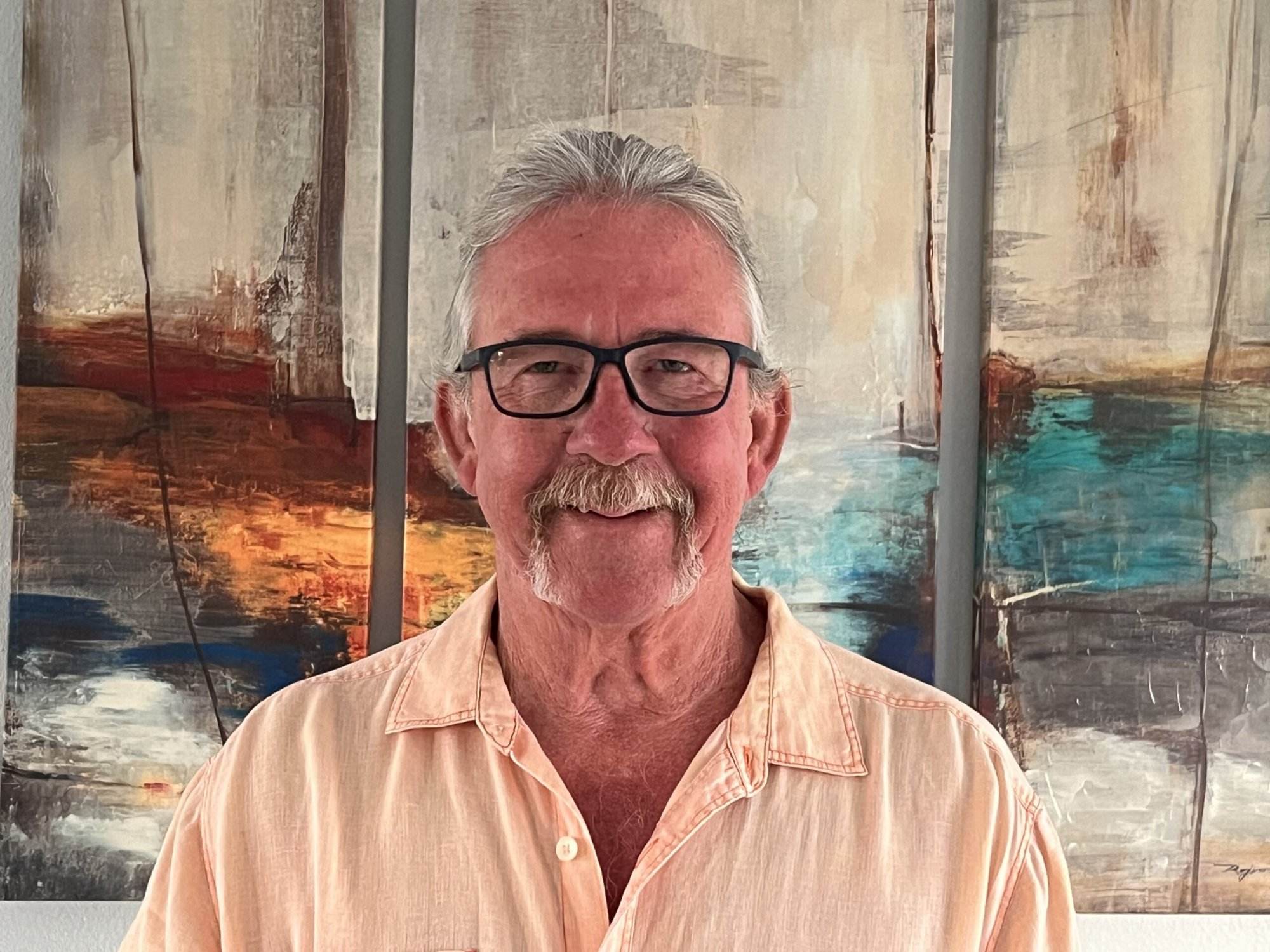We live in a “treat the symptoms not the cause” society. Sometimes that is the best we can do. It can be the easiest and quickest way to solve a perceived problem. Often it is just a quick fix and creates additional problems along with making the original problem worse. When a parent out of love and concernbrings a child in for counseling, more times than not, the parent wants the counselor to “fix my child” unrealizing that their child’s behavior is just the symptom. Almost always, the most effective way to treat the child’s behavior is to address the family dynamics which often is the “cause” of the problem.
It is not an uncommon belief that fixing the symptom is fixating the problem. Some mental and physical illnesses are just the symptoms of the underlying root causes. Unfortunately, when we only try to eliminate the symptoms, we cover up the real issue. For example, some people only want medication to manage anxiety, rather than addressing the cause of the anxiety. Some people only want medication to deal with their cholesterol rather than addressing the causes of the cholesterol issues. It is important to work with physicians and other care providers who understand the relationship between symptoms and causes.
Most importantly, let’s take charge of our own health by giving more attention to the genesis of health rather than just to itssymptomatic display. Often, we may greatly underestimate what we can do to increase our life span and enhance our health span. Sometimes we are tempted to fall into the trap of believing that we are at the mercy of our genetic makeup and have very little control over our mental and physical well-being. On the contrary, more than 90 percent of chronic disease is not determined by our genes but rather by genetic exposure(Rappaport SM, 2011). In other words, what we expose our bodies to is far more a predictor for chronic illnesses. What we eat, whether we exercise, toxins, stress, what we think and how we feel, and even our relationships impact our genetic design. External and environmental factors turn genes on or off. We may have certain genetic dispositions, but we can “flip the switch” by how we live our lives. What is so promising is that by engaging in healthy habits we can turn on the genes that can increase the quantity but perhaps of greater significance the quality of our lives.
It is far easier and much more enjoyable to nurture the core or root or cause (lifestyle) of wellbeing than it is to fight the symptoms. It is in your hands. You got the power!






